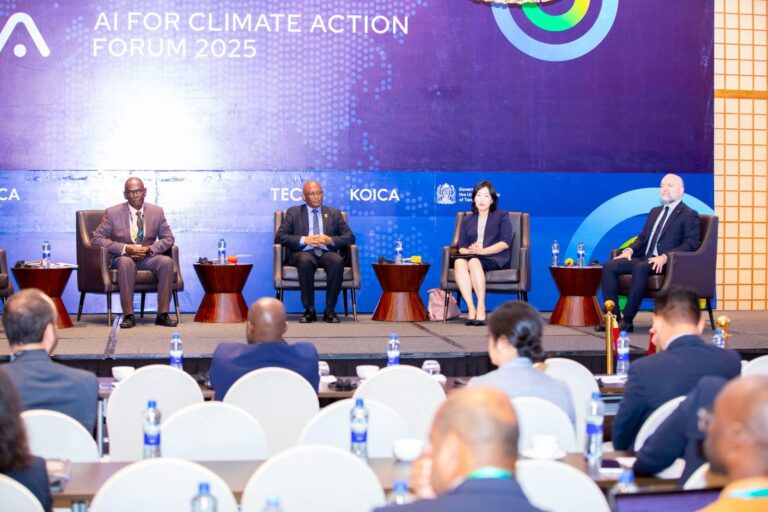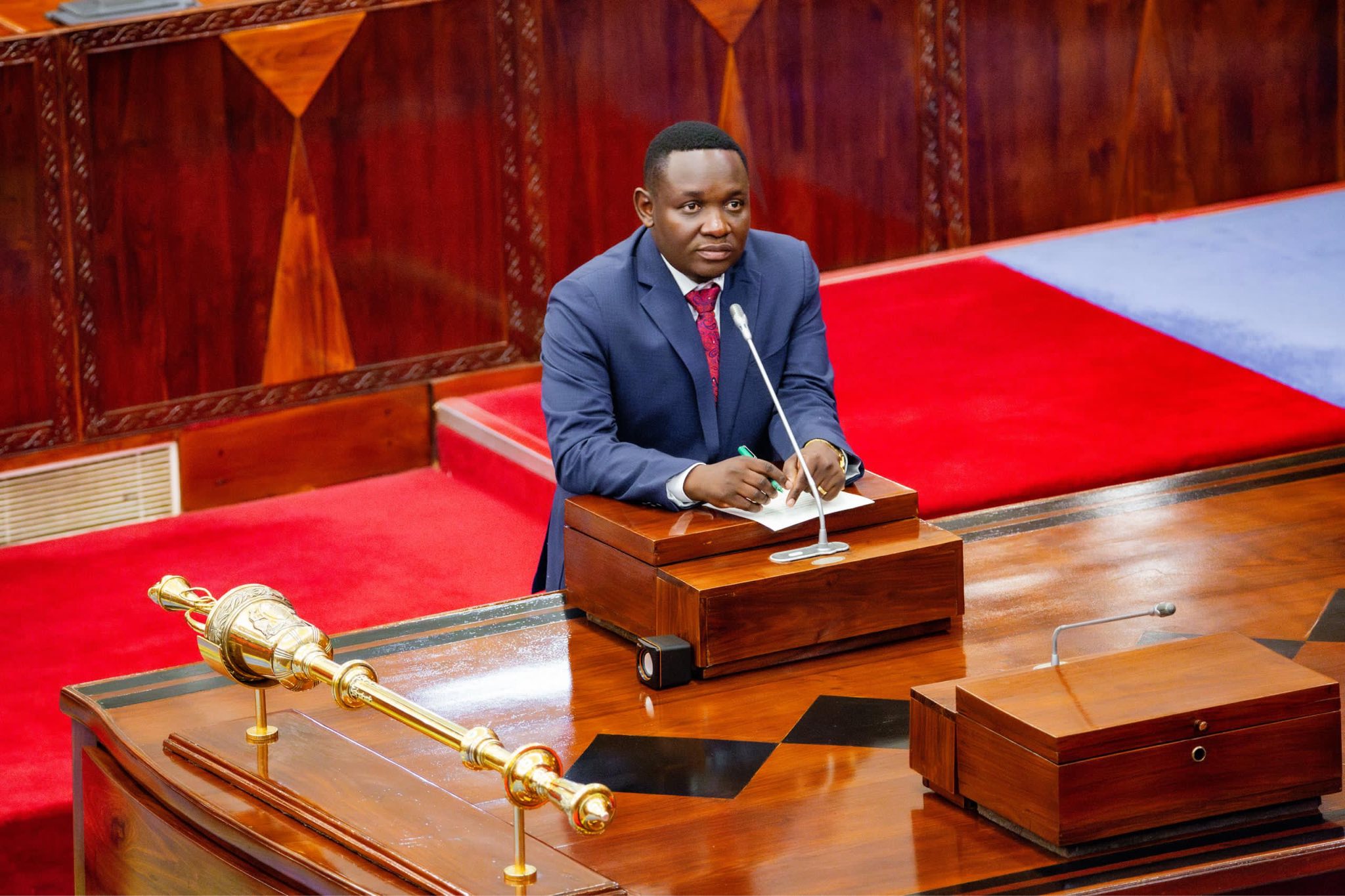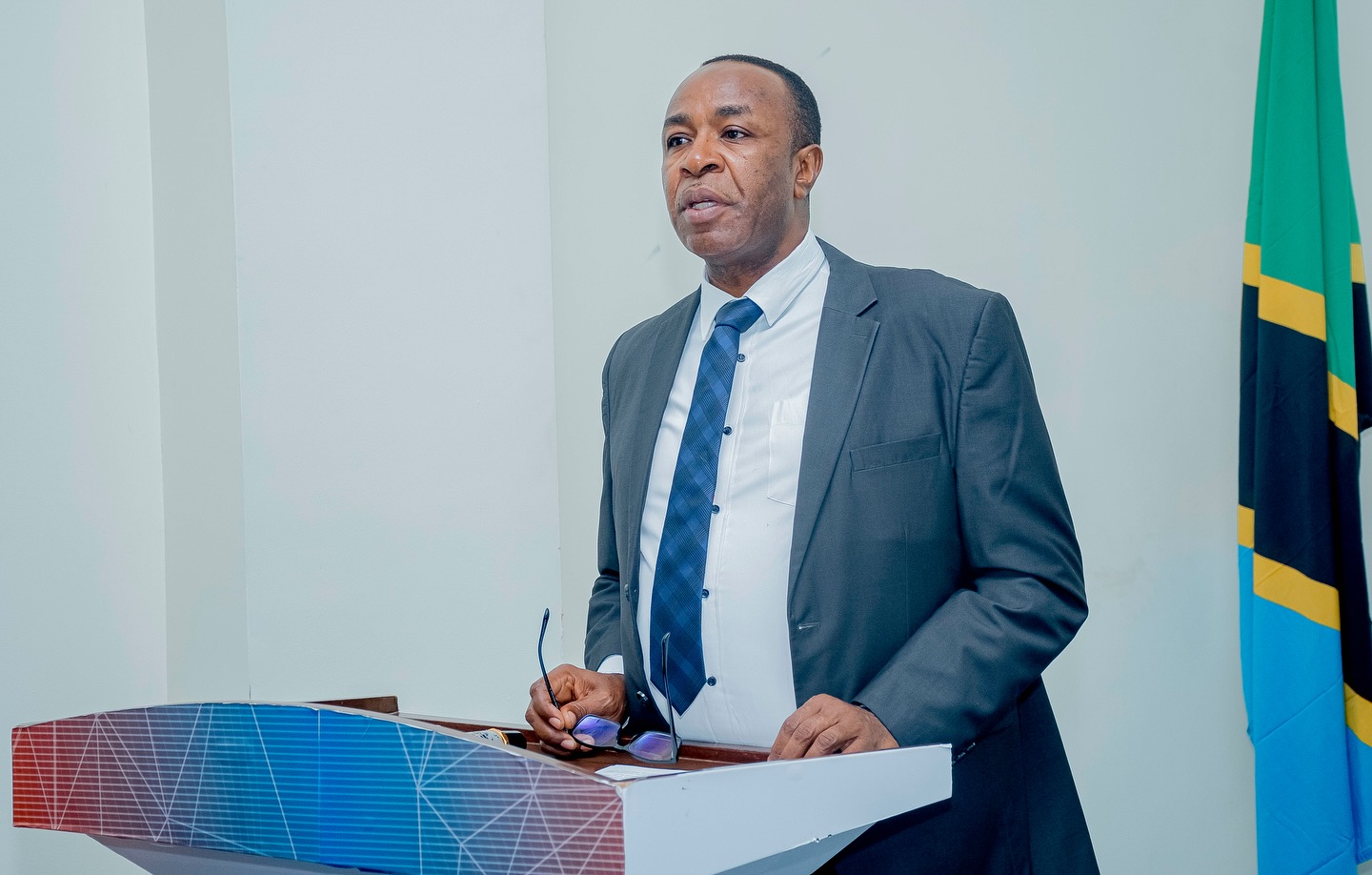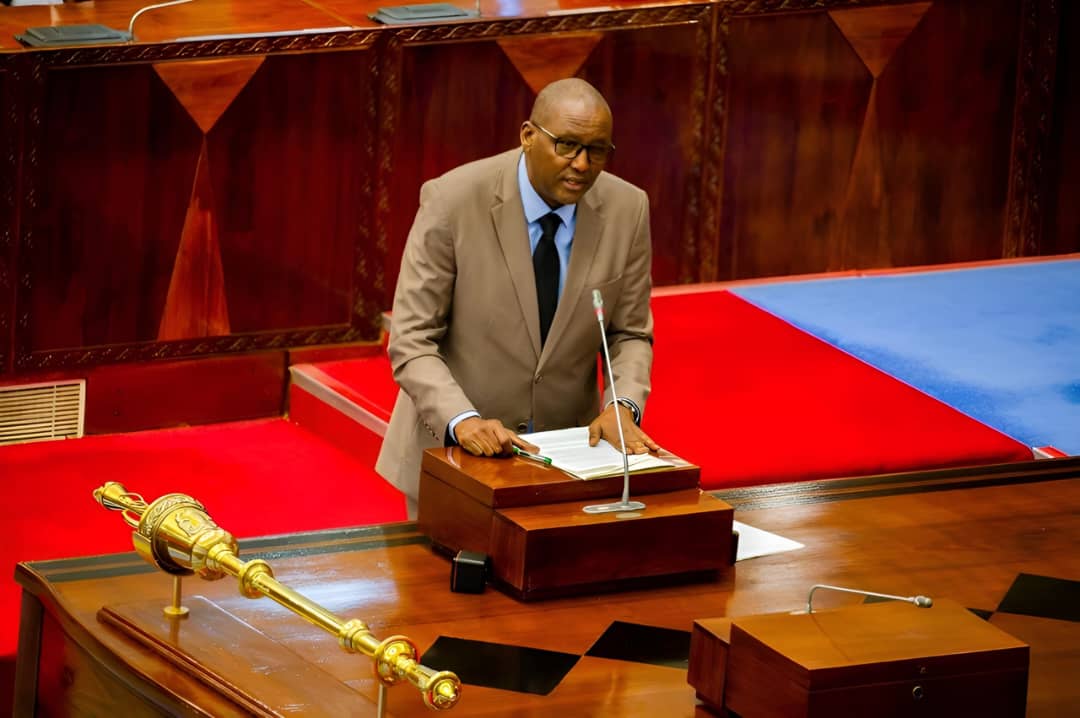Dar e Salaam. Tanzania this week demonstrated its growing leadership in the global climate agenda by hosting an unprecedented international conference dedicated to the intersection of Artificial Intelligence (AI) and climate change solutions.
The event, held in Dar es Salaam on October 8–9, 2025, marked a milestone not only for Tanzania but also for the wider developing world, as it underscored Africa’s readiness to embrace technology-driven climate resilience.
Africa’s rising technological consciousness
Organised by the Technology Executive Committee (TEC) of the United Nations Framework Convention on Climate Change (UNFCCC), the conference attracted more than 200 delegates representing governments, research institutions, academia, private companies, and multilateral organisations.
The gathering reflected a global consensus that emerging technologies, particularly AI, must be central to future strategies aimed at addressing the multifaceted impacts of climate change.
For Tanzania, the host nation, the summit carried deep symbolic significance.
It was the country’s first major global platform dedicated to exploring digital technologies as instruments of environmental preservation and sustainability.
By hosting such a dialogue, Tanzania has aligned itself with a fast-growing global movement that seeks to employ innovation as a cornerstone of sustainable development.
The promise of artificial intelligence
During the opening ceremony, Professor Peter Msoffe, Deputy Permanent Secretary (Environment) in the Vice President’s Office, described AI as a transformative force that could reshape how nations anticipate, respond to, and mitigate environmental threats.
He noted that AI’s predictive capabilities enable scientists and policymakers to model climate patterns more accurately, forecast disasters, and design early warning systems that could save lives and livelihoods.
“AI technology provides an opportunity to predict the effects of climate change, assist in environmental sanitation efforts, and conserve biodiversity,” he said, adding that the conference presented a unique opportunity for Tanzanian youth, experts, and institutions to tap into the global AI revolution.
Indeed, AI’s potential in environmental management is vast. From precision agriculture that optimises water use and crop yields to machine learning systems that detect illegal logging or monitor carbon emissions, the technology is emerging as a vital ally in humanity’s response to climate disruptions.
Building the foundations for technological resilience
A central theme throughout the two-day summit was the necessity of building capacity in developing countries to ensure equitable access to technological advancements.
Delegates underscored three key pillars crucial for mainstreaming AI in climate policy: access to finance, skills development, and infrastructure enhancement.
Access to finance remains a formidable challenge for most developing nations, where limited fiscal space constrains investments in digital and environmental technologies.
Discussions therefore revolved around innovative financing mechanisms—including climate technology funds and blended finance models, that can empower countries like Tanzania to deploy AI-driven climate solutions effectively.
Equally important is the question of human capital.
Delegates emphasised that sustainable technology adoption requires a generation of skilled professionals capable of coding, interpreting data, and translating digital insights into actionable climate policies.
Building such expertise in universities, research institutions, and government agencies was recognised as a top priority.
The third pillar, technological infrastructure, touches on the need for robust data systems, connectivity, and energy reliability.
Without these, the promise of AI would remain theoretical. Tanzania’s ongoing investments in digital infrastructure, including the expansion of broadband networks and data centres, were highlighted as positive steps toward this goal.
Tanzania’s climate imperative
Tanzania’s hosting of the summit could not have come at a more opportune moment.
The nation, like many in sub-Saharan Africa, faces escalating threats from climate change, ranging from prolonged droughts that imperil food security to rising sea levels that threaten coastal communities.
In such a context, the integration of AI tools into environmental policy is not a luxury but a necessity.
By bringing global experts to Dar es Salaam, Tanzania sought to bridge the gap between scientific innovation and practical adaptation.
The conference positioned the country as a proactive player in the international effort to strengthen climate resilience through technological cooperation.
It also reaffirmed the government’s commitment to implementing the Paris Agreement’s provisions on technology transfer and capacity building.
A platform for global partnerships
The UNFCCC’s choice of Tanzania as host was, in itself, an acknowledgment of the country’s growing role as a regional advocate for climate justice and technology-driven adaptation.
The Vice President’s Office, which serves as the national focal point for UNFCCC matters, has in recent years intensified efforts to align national development priorities with global climate goals.
The summit thus provided a fertile platform for forging partnerships, between governments, the private sector, and international organisations, on issues such as climate-smart agriculture, renewable energy, and sustainable urban planning.
It also opened the door for regional collaboration, with participants exploring how the lessons learned in Tanzania could be scaled across East Africa and beyond.
Charting a sustainable path
While conferences often end with communiqués and promises, the true measure of Tanzania’s success will lie in what follows.
The challenge now is to translate the momentum generated in Dar es Salaam into tangible projects that improve climate resilience and reduce environmental vulnerability.
This includes creating policies that promote AI adoption across sectors such as agriculture, forestry, water management, and disaster preparedness.
It also means nurturing innovation ecosystems where local developers, researchers, and entrepreneurs can build AI tools tailored to Tanzania’s unique climatic and socio-economic realities.
As nations increasingly turn to digital technologies in pursuit of sustainable futures, Tanzania’s hosting of this landmark AI Climate Summit will be remembered as a moment of transformation, a declaration that the fight against climate change is no longer confined to traditional environmental approaches but is now being reimagined through the lens of science, technology, and innovation.
A new chapter in climate diplomacy
Ultimately, the Dar es Salaam summit represented more than just a meeting of experts.
It was a statement of intent: that Africa is ready to be at the forefront of technological solutions to the climate crisis.
By hosting the first International Conference on Artificial Intelligence for Climate Change, Tanzania has carved a niche for itself as a thought leader, a convener, and a bridge between the developing and developed worlds in the collective pursuit of a sustainable planet.
As the world grapples with intensifying environmental challenges, Tanzania’s example sends a powerful message, that even nations most vulnerable to climate shocks can become laboratories of innovation, charting new paths toward resilience and green prosperity.







